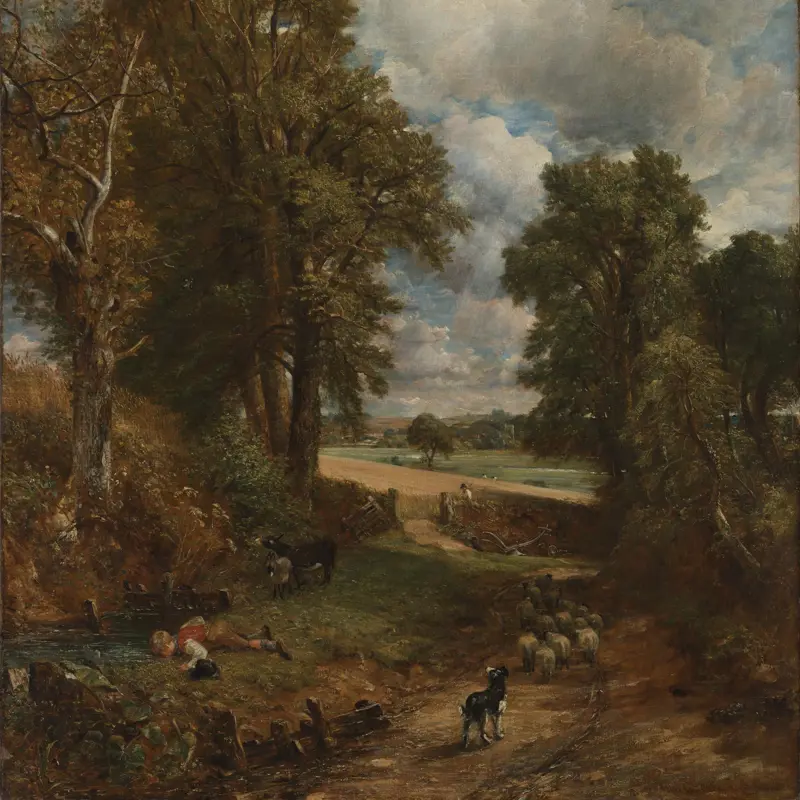Scientist.
Michael Faraday
This person is the subject of ongoing research. We have started by researching their relationship to the enslavement of people.
Biographical notes
Slavery connections
There is an indirect connection in that John ‘Mad Jack’ Fuller (1757–1834) (UCL Department of History, ‘John ’Mad Jack‘ Fuller’, in UCL Department of History (ed.), Legacies of British Slave-ownership [online], London 2020, <https://www.ucl.ac.uk/lbs/person/view/-1047169191> accessed 22 June 2021), MP and heir to the estates in Jamaica of his uncle Rose Fuller MP (UCL Department of History, ‘Rose Fuller’, in UCL Department of History (ed.), Legacies of British Slave-ownership [online], London 2020, <http://wwwdepts-live.ucl.ac.uk/lbs/person/view/2146649557> accessed 22 June 2021), was an early sponsor of the Royal Institution and a supporter of Faraday. In 1833 he founded the Fullerian Professor of Chemistry at the Royal Institution, of which Faraday was the first, from 1833 to 1867.
Abolition connections
No known connections with abolition.
National Gallery painting connections
Donor: Faraday was among a group of subscribers who presented Constable’s The Cornfield (NG130) in 1837.
Bibliography
History of Parliament Trust (ed.), The History of Parliament: British Political, Social & Local History, London 1964-, https://www.historyofparliamentonline.org/
Checked and not found
—
Item on publisher's website
F. A. J. L. James, 'Faraday, Michael', in C. Matthew et al. (eds), Oxford Dictionary of National Biography, Oxford 1992-, https://doi.org/10.1093/ref:odnb/9153
Checked and found
—
Item on publisher's website
J. Turner et al. (eds), Grove Art Online, Oxford 1998-, https://www.oxfordartonline.com/groveart/
Checked and not found
—
Item on publisher's website
UCL Department of History (ed.), Legacies of British Slave-ownership, London 2020, https://www.ucl.ac.uk/lbs/
Checked and not found
—
Item on publisher's website

